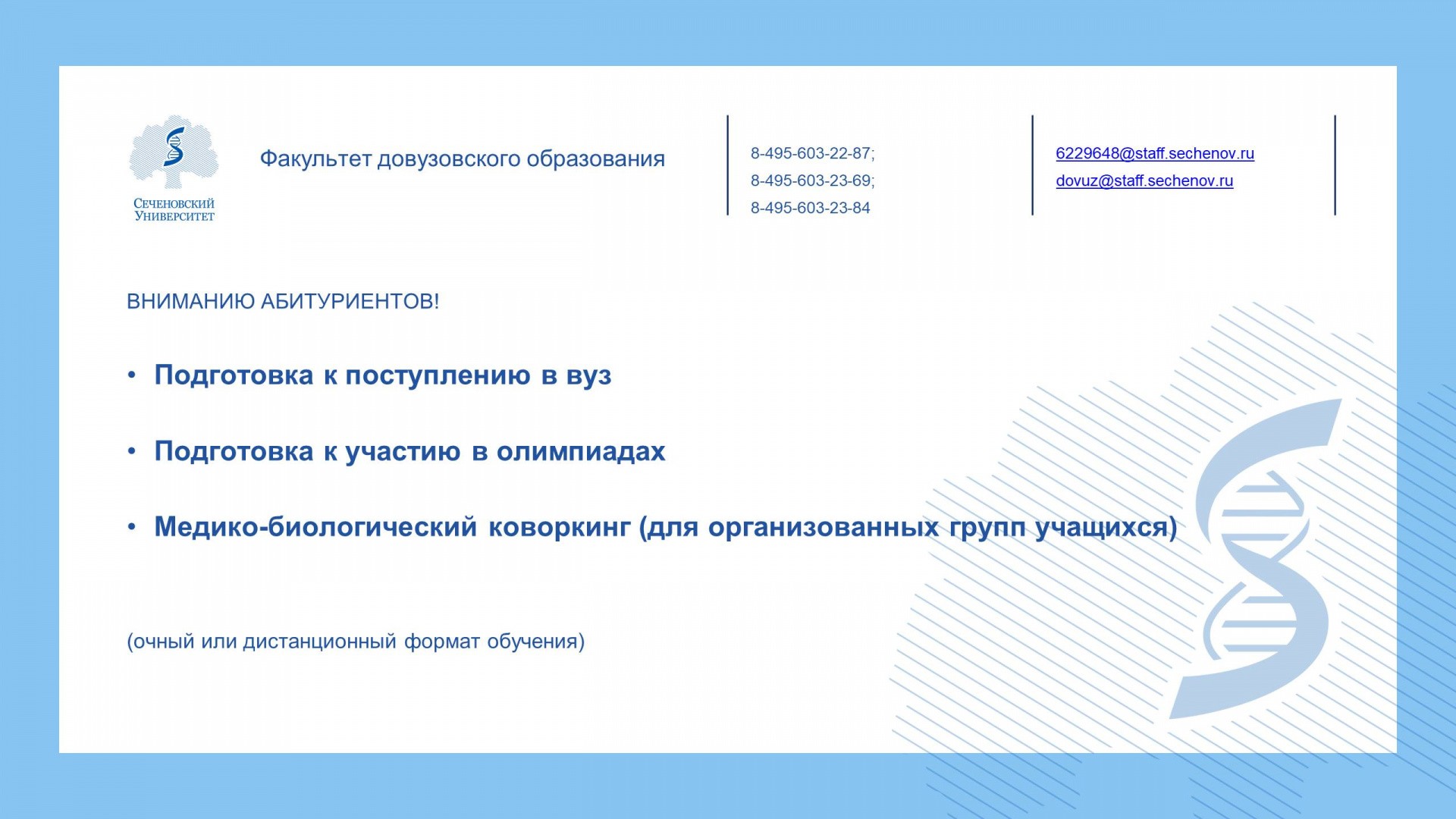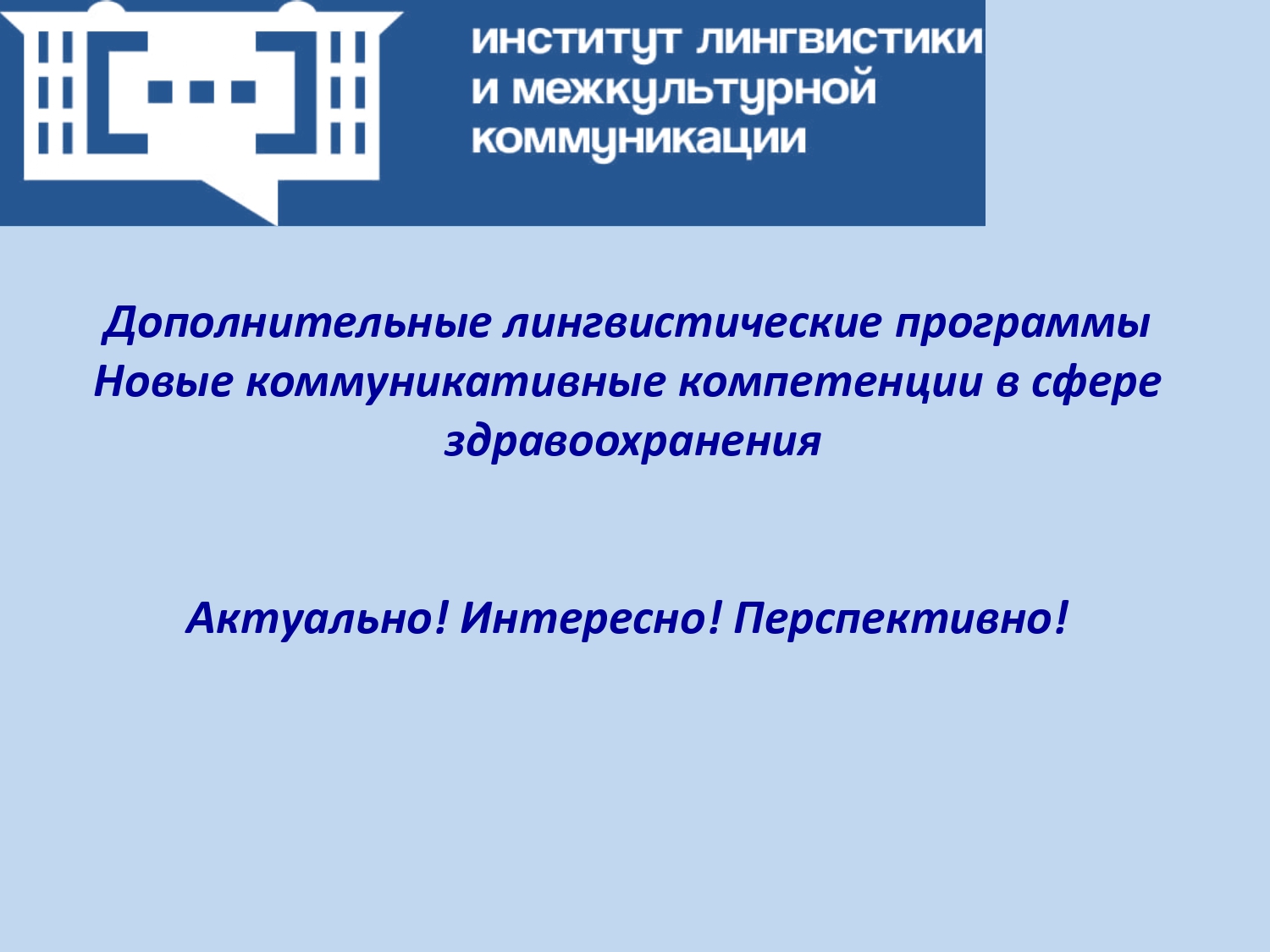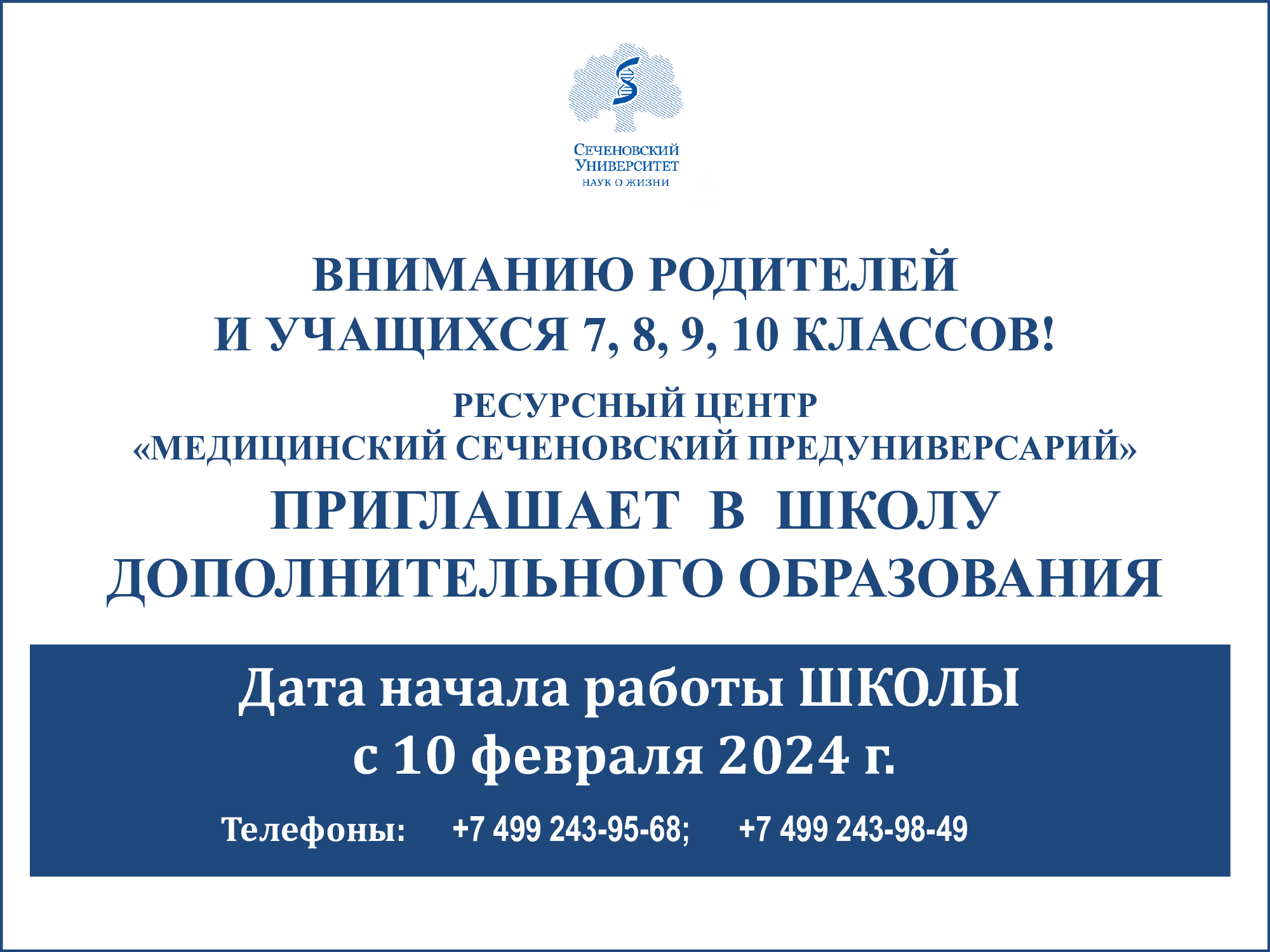Репозиторий Университета
Molecular-Genetic Characterization of Human Rotavirus A Strains Circulating in Moscow, Russia (2009–2014)
Аннтотация
© 2018, Wuhan Institute of Virology, CAS and Springer Nature Singapore Pte Ltd. Enteric viruses are the most common cause of acute gastroenteritis (AGE) in young children and a significant public health problem globally. Hospital admissions of children under 5 years of age with diarrhea are primarily associated with group A rotavirus (RVA) infection. In this retrospective study, the population structure of viruses linked to AGE etiology in young children hospitalized with AGE in Moscow was evaluated, and molecular characterization of RVA strains was performed. Fecal specimens were collected from children under 5 years old hospitalized with AGE between 2009 and 2014 in Moscow, Russia. Multiplex real-time reverse transcription PCR was used to detect enteric viruses and for G/[P]-genotyping of isolated RVAs. Sequencing of RVA VP7 and VP4 cDNA fragments was used to validate the data obtained by PCR-genotyping. The main causes for hospitalization of children with AGE were RVA (40.1%), followed by noroviruses (11.4%), while adenoviruses, astroviruses, sapoviruses, enteroviruses, and orthoreoviruses were detected in 4.7%, 1.9%, 1.4%, 1.2%, and 0.2% of samples tested, respectively. Nosocomial infections, predominantly associated with RVAs and noroviruses, were detected in 24.8% of cases and occurred significantly more frequently in younger infants. The predominant RVA genotype was G4P[8], detected in 38.7% of RVA-positive cases, whereas genotypes G1P[8], G9P[8], G3P[8], and G2P[4] were found in 11.8%, 6.6%, 4.2%, and 3.3% of cases, respectively. Together, the presence of circulating RVA strains with rare VP7 and VP4 gene variants (G6 and P[9]) highlights the need to conduct continuous epidemiological monitoring of RVA infection.
Вернуться назад









